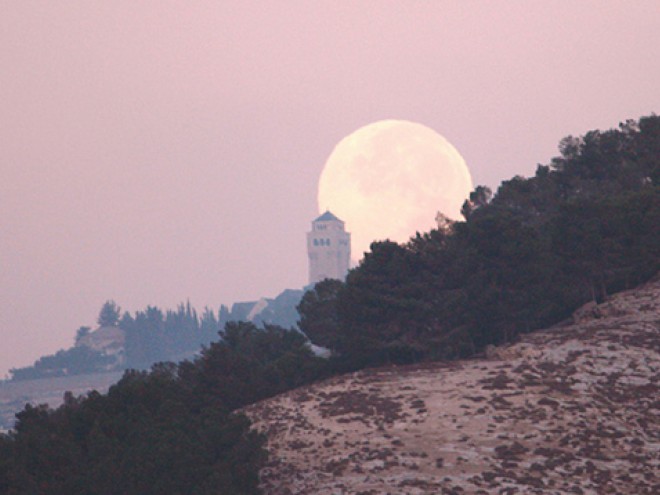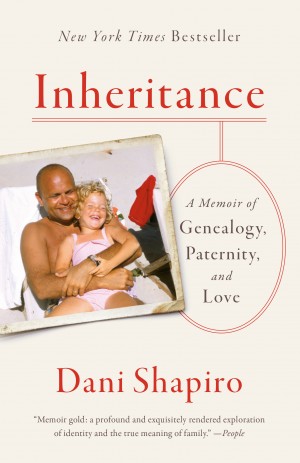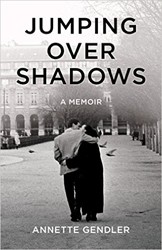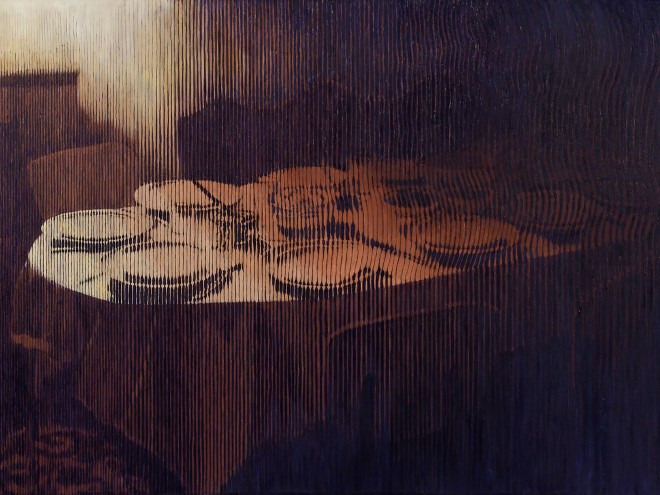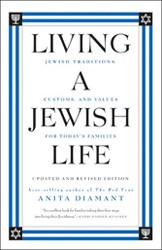“Just think what would happen,” the author’s father rails, driving to church with his ten children piled into the shabby Cadillac, “if a river thought it could be a tree!” Or, so the author’s choice of title implies, if a fundamentalist Christian could become a Jew.
Improbable as that may sound, it was actually not so improbable given that the author was raised in the Worldwide Church of God, where the Sabbath was kept, beginning at sunset on Friday night. Her family also observed Passover and the Feast of Tabernacles (Sukkot), without ever acknowledging that these were Jewish holidays. Little did they know that not far from their hamlet in Southern Indiana, were Jews whose holidays they were celebrating and commandments they were keeping.
Himsel’s rendering of her childhood is evocative and engaging. Saturdays belonged to God and meant attending services, listening to clergy hollering about the end of days. Sundays belonged to family. Himsel’s portrayal of her paternal Catholic, German grandmother is particularly well done, despite some errors in German spelling and phrases.
The author’s quest to propel herself out of her childhood world of small horizons comes as no surprise. The visits of the public library bus were a childhood highlight, and she dreams, early on, of seeing the world. Her parents prove more tolerant than one might expect and don’t oppose the author going to college or studying at Hebrew University in Jerusalem.
Here the narrative becomes occasionally comical as she travels to Israel searching for the biblical land: “Not only had I been unprepared for Jews living in Israel, I hadn’t expected Arabs, either.” She brings the Israel of the 1980s to life quite effectively. Back then, for example, a pale blond girl like her stuck out, as Soviet Jews hadn’t arrived yet.
Curiously, however, the author’s journey to becoming a Jew does not begin in Israel. Even though she experiences many Jewish holidays there, she offers no reflection on how those differed from her church’s practices nor how they affected her. No spiritual “aha” moment is shared, even in the later chapters that describe her oscillating path towards conversion, when her sudden pregnancy forces her and her Jewish boyfriend to finally decide where their relationship is heading.
The last chapters address the author’s life as a Jew. While the intersections of her family of origin’s Christian life and her own family’s Jewish one could have offered insight on how to navigate such challenges, they instead portray a seemingly easy jostling of observances and traditions. The author’s parents’ remarkable tolerance seems grounded in the sincere earnestness with which they pursued their own spiritual quest. If their daughter chose a different quest, so be it. At least her father-in-law, a rabbi, could finally explain to her dad the counting of the Jewish years. How endearing that that would be her dad’s principal concern when he is invited to his first grandson’s bris!
While the story is less about personal transformation than one might expect, A River Could Be a Tree presents a loving and highly readable family portrait.
Annette Gendler’s work has appeared in the Wall Street Journal, Tablet Magazine, Kveller, Bella Grace, and Artful Blogging, among others. She served as the 2014 – 2015 writer-in-residence at the Hemingway Birthplace Home in Oak Park, Illinois. Born in New Jersey, she grew up in Munich, Germany, and now lives in Chicago where she teaches memoir writing.


